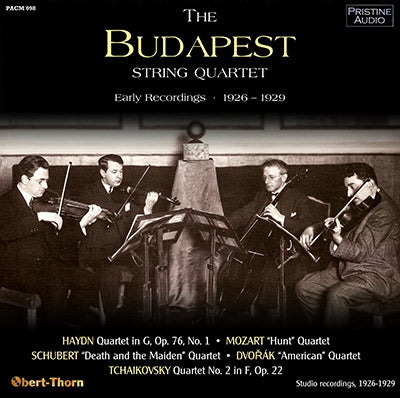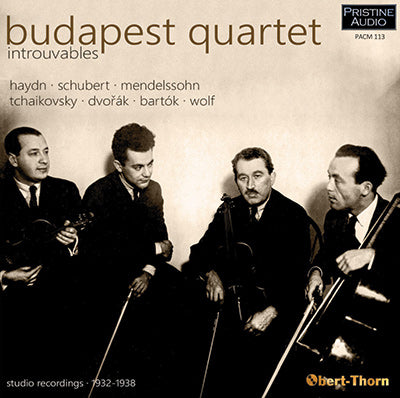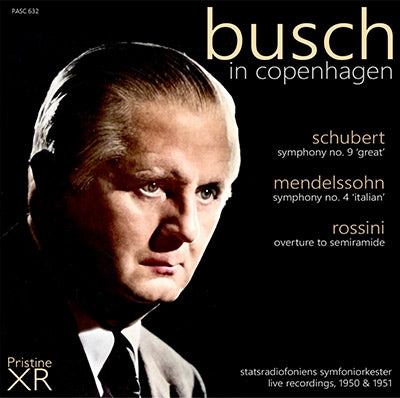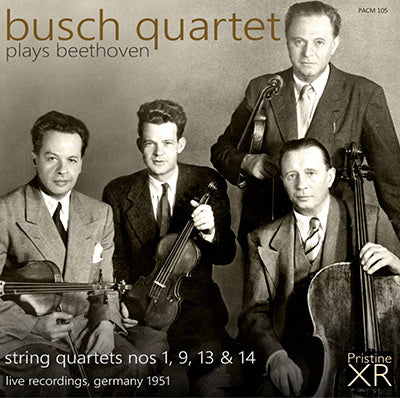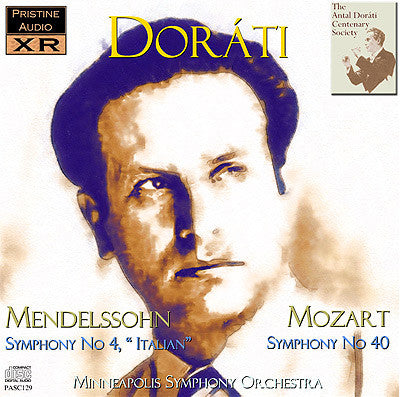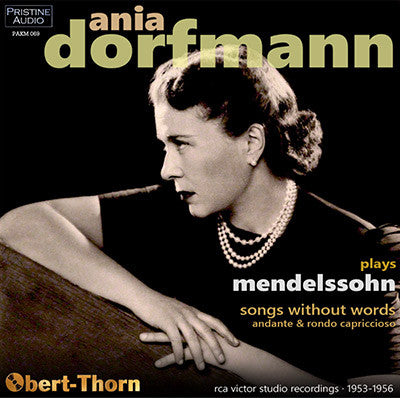Mendelssohn
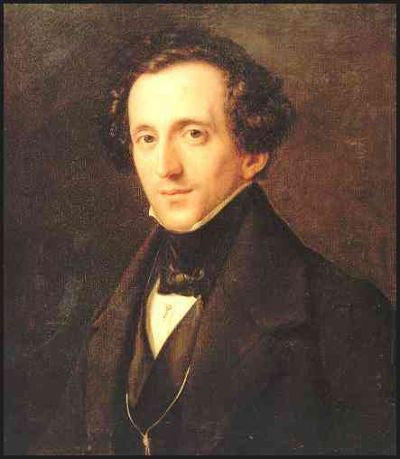
A grandson of the philosopher Moses Mendelssohn, Felix Mendelssohn was born into a prominent Jewish family. He was brought up without religion until the age of seven, when he was baptised as a Reformed Christian. Mendelssohn was recognised early as a musical prodigy, but his parents were cautious and did not seek to capitalise on his talent.
Mendelssohn enjoyed early success in Germany, where he also revived interest in the music of Johann Sebastian Bach, and in his travels throughout Europe. He was particularly well received in Britain as a composer, conductor and soloist, and his ten visits there – during which many of his major works were premiered – form an important part of his adult career. His essentially conservative musical tastes, however, set him apart from many of his more adventurous musical contemporaries such as Franz Liszt, Richard Wagner, Charles-Valentin Alkan and Hector Berlioz. The Leipzig Conservatoire (now the University of Music and Theatre Leipzig), which he founded, became a bastion of this anti-radical outlook.
Mendelssohn wrote symphonies, concerti, oratorios, piano music and chamber music. His best-known works include his Overture and incidental music for A Midsummer Night's Dream, the Italian Symphony, the Scottish Symphony, the overture The Hebrides, his mature Violin Concerto, and his String Octet. His Songs Without Words are his most famous solo piano compositions. After a long period of relative denigration due to changing musical tastes and antisemitism in the late 19th and early 20th centuries, his creative originality has now been recognised and re-evaluated. He is now among the most popular composers of the Romantic era.

Mendelssohn
A grandson of the philosopher Moses Mendelssohn, Felix Mendelssohn was born into a prominent Jewish family. He was brought up without religion until the age of seven, when he was baptised as a Reformed Christian. Mendelssohn was...
HAYDN Quartet in G, Op. 76, No. 1
MOZART “Hunt” Quartet
SCHUBERT “Death and the Maiden” Quartet
DVOŘÁK “American” Quartet
TCHAIKOVSKY Quartet No. 2 in F, Op. 22
Encores by Dittersdorf, Mendelssohn and Borodin
Studio recordings, 1926-29
Total duration: 2hr 35:50
The Budapest Quartet
HAYDN Quartet No. 43
SCHUBERT Quartets Nos. 12 & 13
MENDELSSOHN Quartet No. 1
BARTÓK Quartet No. 2
DVOŘÁK Sextet
music by TCHAIKOVSKY & WOLF
Studio recording, 1932-1938
Total duration: 2hr 33:12
Budapest Quartet:
Joseph Roisman (violin I)
Alexander Schneider (violin II)
István Ipólyi or Boris Kroyt (viola)
Mischa Schneider (cello)
SCHUBERT Symphony No. 9 'Great' [mvts 1-3]
MENDELSSOHN Symphony No. 4 'Italian'
ROSSINI Overture to Semiramide
Live recordings, 1950/51
Total duration: 76:02
Statsradiofoniens Symfoniorkester
conducted by Fritz Busch
BEETHOVEN String Quartet No. 1
BEETHOVEN String Quartet No. 9
BEETHOVEN String Quartet No. 13
BEETHOVEN String Quartet No. 14
MENDELSSOHN Capriccio in E minor
Live recordings, 1951
Total duration: 2hr 22:10
Busch Quartet:
Adolf Busch, violin
Bruno Straumann, violin
Hugo Gottesmann, viola
Hermann Busch, violoncello
MENDELSSOHN Symphony No. 4 “Italian”
MOZART Symphony No. 40
Recorded in April 1952
Total duration: 50:16
Minneapolis Symphony Orchestra
conducted by Antal Doráti
MENDELSSOHN Songs Without Words (complete)
MENDELSSOHN Andante and Rondo Capriccioso
Studio recordings, 1956 & 1953
Total duration: 2hr 12:21
Ania Dorfmann, piano

